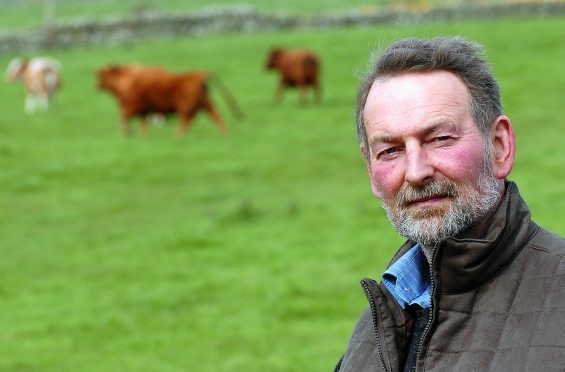The pace of implementing the Ag Holdings section of the 2016 Lands Reform Act has been painfully slow and the timetable seems to be slipping by the month.
In contrast, its predecessor in 2003 was passed by the Parliament in March and most of it became active in November.
Especially frustrating has been the delay in getting modelling work done on the new rent test which will inevitably put back the start date for the new system from late 2018 to late 2019 which means that the rent reviews may not be determined under the basis of the productive capacity test until 2020.
The 2016 Land Reform Act has radically changed the way in which rents are assessed, moving from a market driven approach to one based on the productive capacity of the holding. Although the new formula is enshrined in statute, the Act requires it to be tested on the ground to make sure it will be achieve its purpose of delivering a fair rent, before the secondary legislation, implementing the changes, is passed by parliament.
The news that the Scottish Government has now appointed a contractor and the rent modelling work will begin over the next few weeks is therefore welcome. This is an important step. We are breaking new ground and tenants will soon be subject to a completely new rent test which will, in the longer term, prove to be a fairer, more transparent and more objective way of calculating rents. This is a major change of direction and it is important that as many potential hiccups as possible are identified in the modelling exercise before it is rolled out for general use.
Tenants will be surprised to learn that Savills has been appointed as the main contractor for this work. The firm is known to act for a large percentage of Scotland’s largest landlords and many tenants will have had their rents reviewed by Savills.
These concerns have been raised with Cabinet Secretary Fergus Ewing and we have been reassured by the news that Hamish Lean and Watson Bell, both of whom are STFA recommended agents, will be involved in the process to sense check Savills’ work from a legal and valuation perspective. We have also recommended to the Cabinet Secretary that a stakeholder monitoring group should be set up to oversee the provide further assurances of transparency and impartiality.
I am sure that these safeguards will go a long way towards creating tenant confidence in what has in the past been a potentially confrontational and controversial process. Every change in legislation is liable to challenge but we hope that the industry as a whole will get behind the new rent review system and make sure it is a success. These are uncertain times and the tenanted sector needs a stable working environment where rent reviews are seen as a normal business transaction with rents varying as farming fortunes go up or down. Rent notices dropping through the letterbox filling tenants with a sense of dread should become a thing of the past.
* Angus McCall farms at Culmaily Farm, near Golspie. He is an executive director at the Scottish Tenant Farmers’ Association
